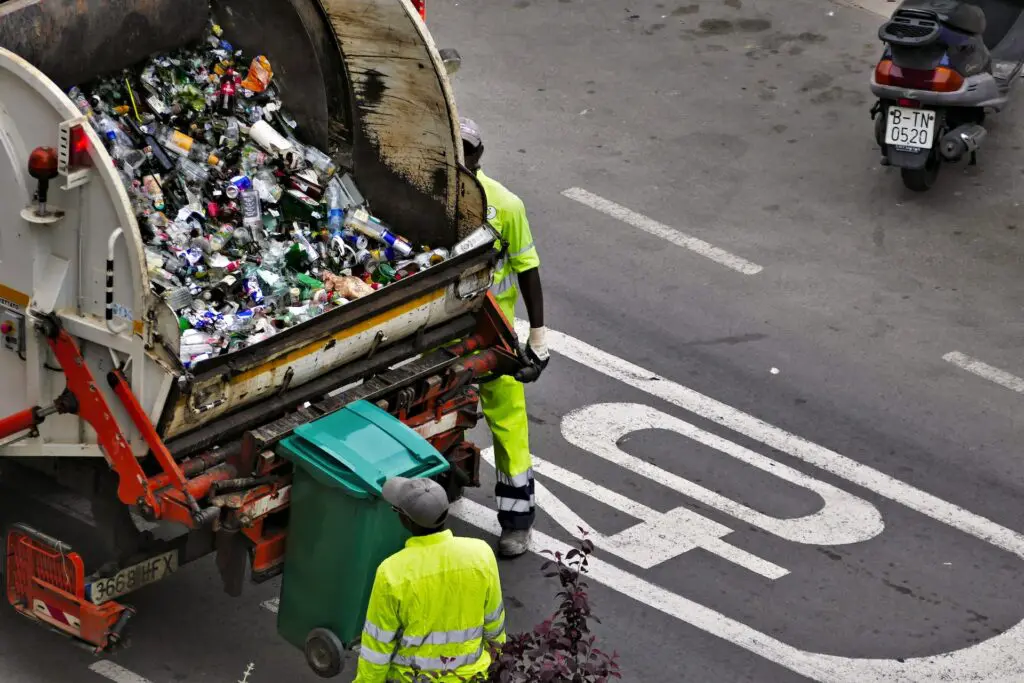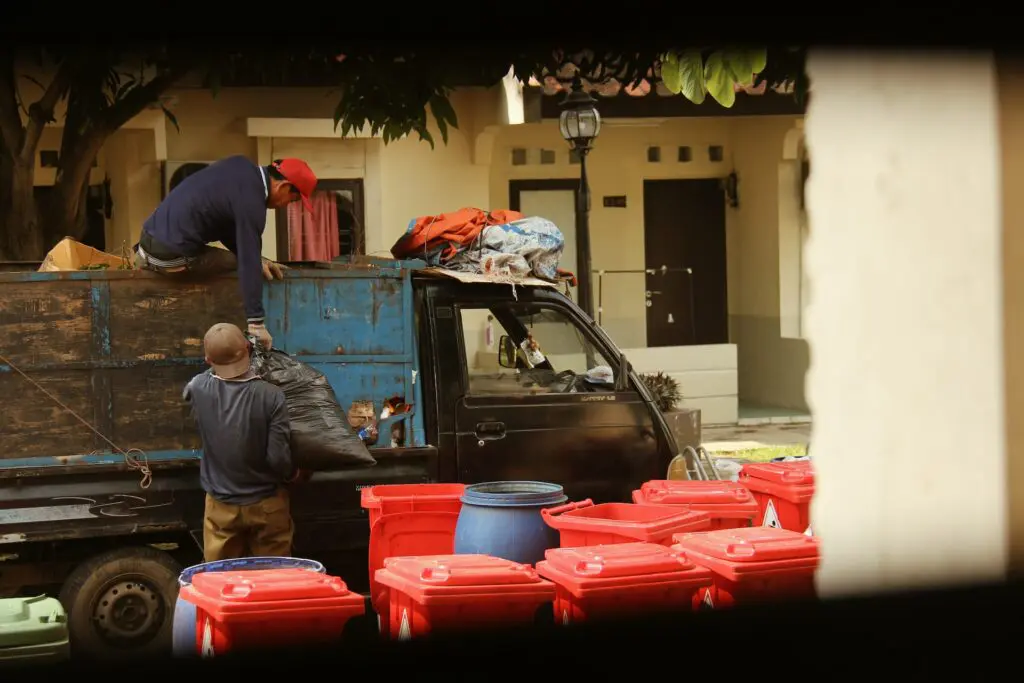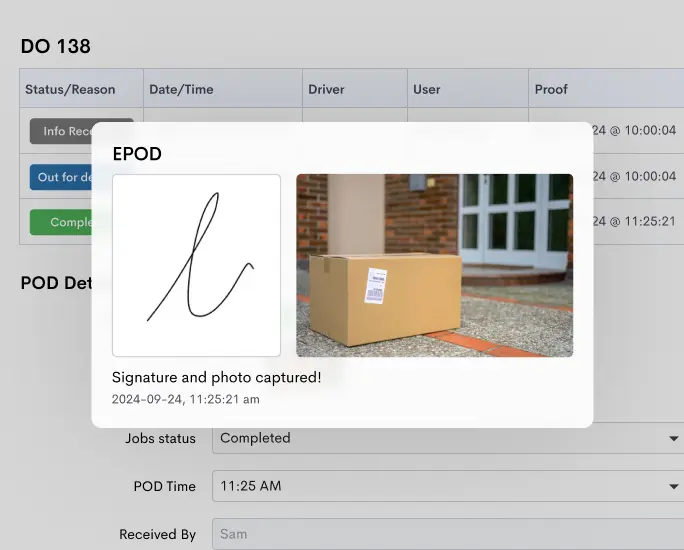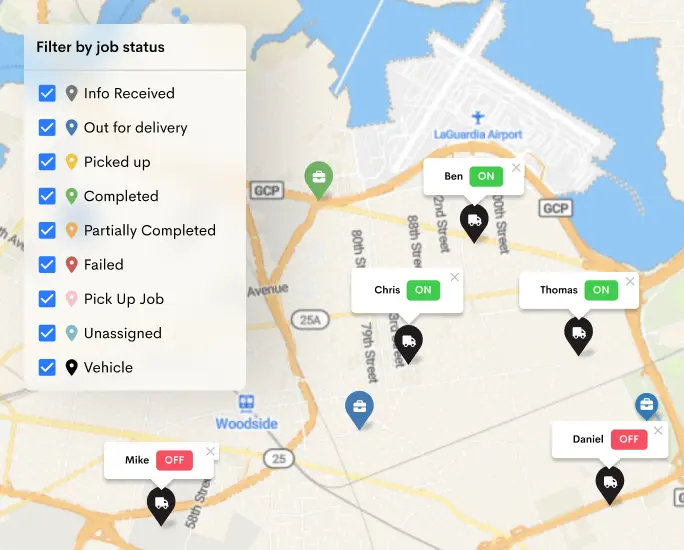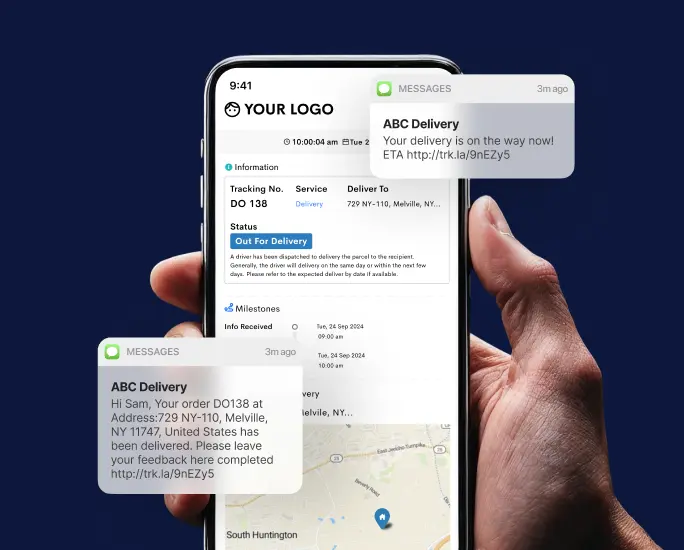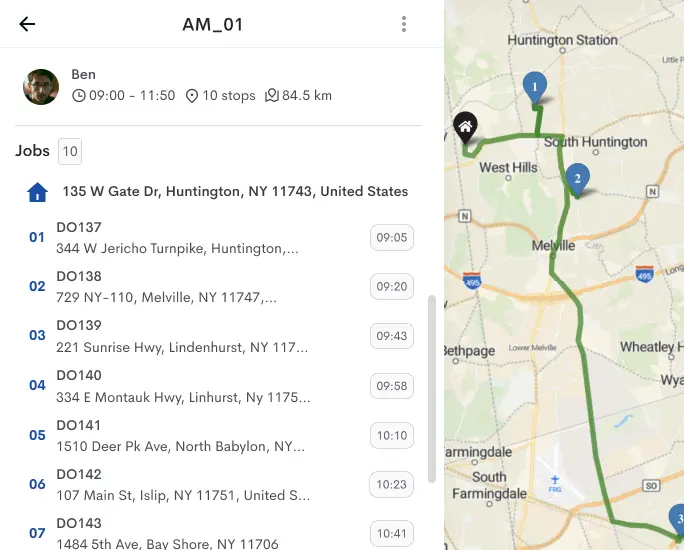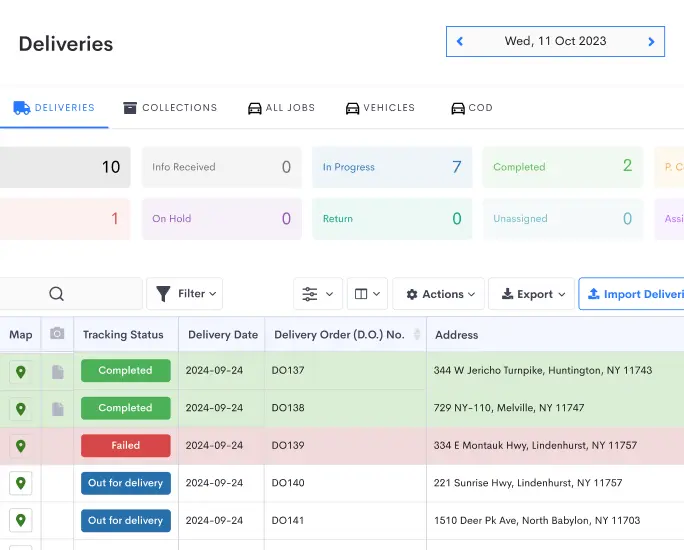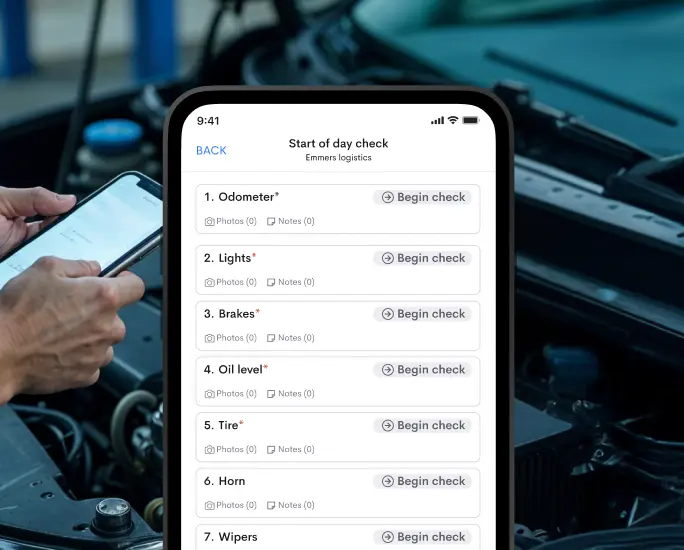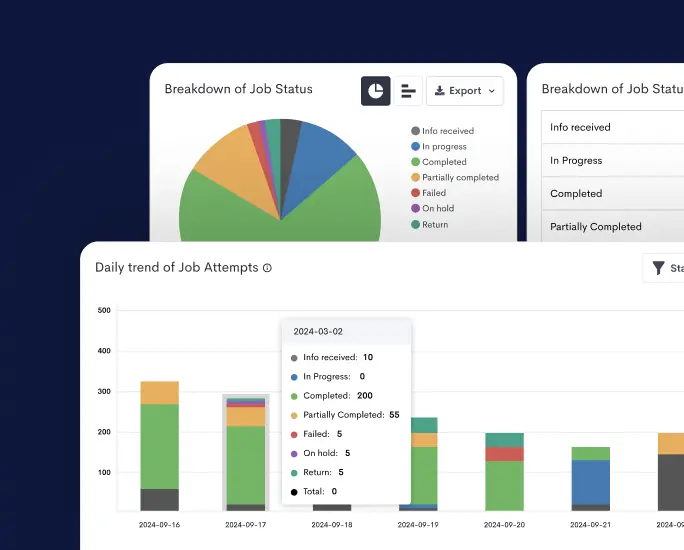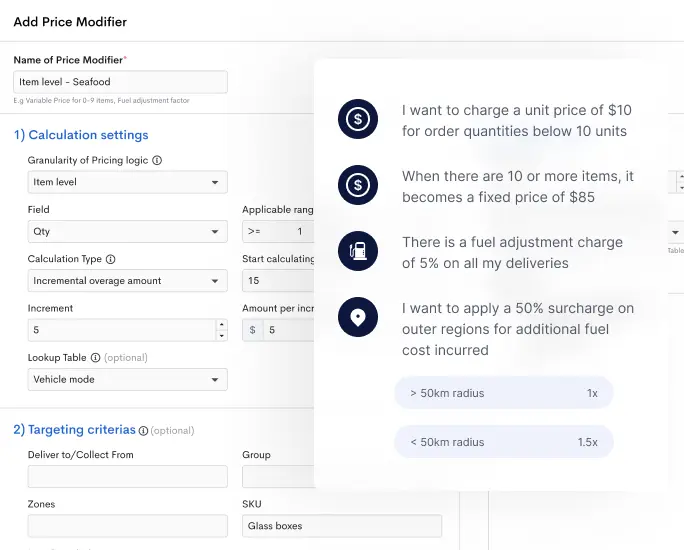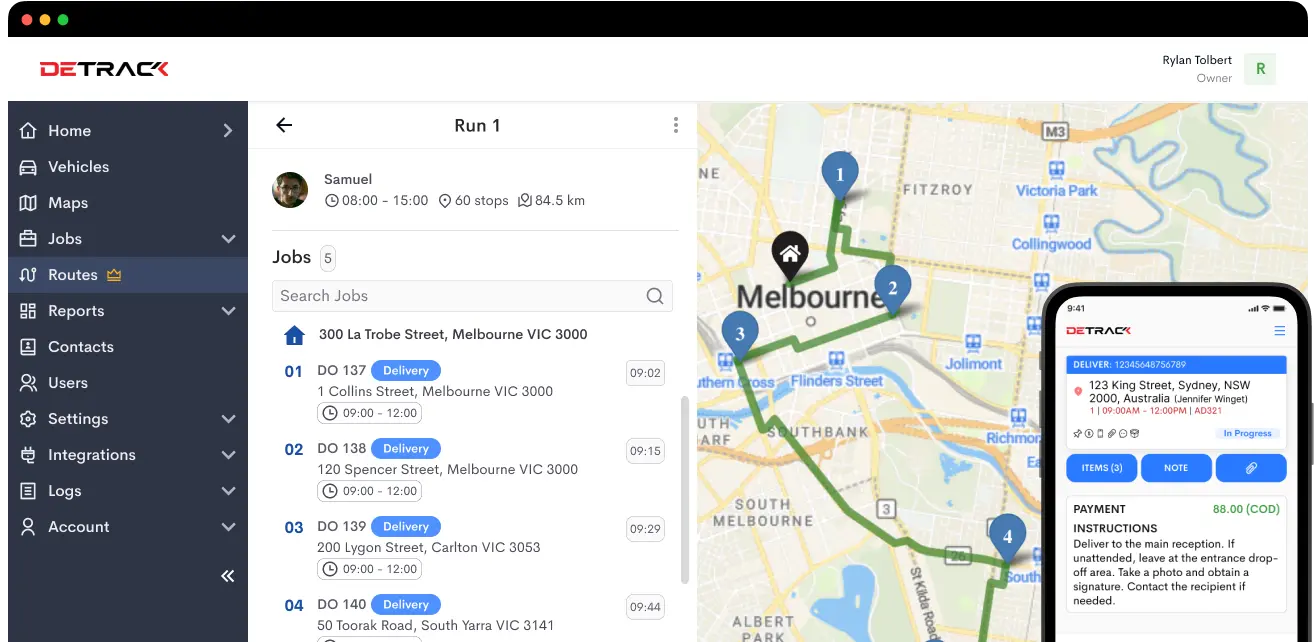When you hear the word “recycling”, what comes to mind? Most likely, you think of things like aluminium cans, cardboard boxes, and newspapers. But what about the recycling logistics that make it possible for these items to be reused?
Recycling logistics is the process of managing and organizing the transportation and sale of recyclable materials. This includes everything from sorting and transporting recyclables to finding buyers for them.
It’s a complex process, but it’s essential to doing recycling work. So what does recycling logistics involve? Let’s take a closer look.
What Does Recycling Logistics Actually Mean?
Recycling logistics is the process of managing the transportation and storage of recyclable materials. This includes coordinating the collection of recyclables from businesses and households, as well as sorting and processing these materials at recycling facilities.
Recycling logistics can be a complex and challenging task, due to the many different types of recyclable materials and the varying levels of infrastructure and resources available in different regions.
However, it is an important part of the recycling process, as it helps to ensure that recyclable materials are properly collected and processed and that they do not end up in a landfill.
Why Does Recycling Logistics Matter?
Recycling logistics matter because they help ensure that recyclable materials are properly collected and transported to facilities where they can be processed. This helps to reduce waste and environmental pollution.
There are many different types of recyclable materials, and each has its own unique set of recycling logistical considerations. For example, recycling glass requires careful handling to avoid breakage, while recycling paper and cardboard requires careful sorting to ensure that the materials are properly separated.
Recycling logistics also play a role in determining how much material is recycled. For example, if recycling facilities are not located close to where people live, it may be more difficult for people to recycle. This can lead to less recycling overall.
Improving recycling logistics can help to increase recycling rates and reduce waste. This, in turn, can help to protect the environment and conserve resources.
Recycling In Reverse Logistics
Reverse logistics is the process of managing the return of products and materials back into the supply chain. It is a critical part of any business that manufactures or sells physical goods.
While the term “reverse logistics” is often used interchangeably with “returns management,” there is a key distinction between the two.
Returns management refers to the process of handling customer returns, while reverse logistics encompasses the entire supply chain from end to end.
This includes managing returns, but also other activities such as repairing or refurbishing products, managing inventory levels, and disposing of damaged or obsolete items.
Reverse logistics is a complex and often under-appreciated part of business operations. But it is critical to the success of any company that sells physical goods.
By understanding and managing the reverse logistics process, businesses can save money, improve customer satisfaction, and reduce environmental impact.
Is Recycling A Major Part Of Reverse Logistics?
Yes, recycling is a major part of reverse logistics. It’s often the very first step in the process. Recycling helps to ensure that materials are properly disposed of and that they don’t end up in landfills.
It also helps to keep costs down by reducing the need to purchase new materials. In many cases, recycling is required by law. This is especially true for electronic waste and other hazardous materials.
By recycling these items, companies can avoid hefty fines and possible environmental damage. Overall, recycling is an important part of reverse logistics because it helps to reduce waste, keep costs down, and comply with regulations.
Advantages
Reduces The Impact On The Environment
Recycling logistics is the process of planning and executing the transportation and storage of recyclable materials. By recycling materials, we can reduce the impact that waste has on the environment.
Waste takes up valuable space in landfills and incinerators, and it pollutes the air when it is burned. Recycling helps to reduce these impacts by giving materials a second life. Logistics plays a vital role in making recycling possible.
Proper planning ensures that recyclable materials are collected and transported efficiently so that they can be processed into new products. There are many benefits to recycling, both for the environment and for businesses.
Recycling can help save energy, conserve resources, and reduce pollution. It can also save money by reducing the need to dispose of waste in landfills. Businesses that recycle their waste can improve their bottom line by reducing disposal costs. They can also gain a competitive advantage by demonstrating their commitment to sustainability.
Recycling logistics can be complex, but many companies specialize in providing these services. By working with a recycling logistics provider, businesses can ensure that their recycling program is efficient and effective.
Reduces The Cost
The cost of recycling logistics can be quite high, but there are ways to reduce the cost. One way to reduce the cost is by using a single-stream system. This type of system allows all recyclables to be collected in one bin, which makes it easier and more efficient to recycle.
Another way to reduce the cost is by using a pay-as-you-throw system. This type of system charges people based on the amount of waste they generate. This encourages people to recycle more and generate less waste.
Reduces The Consumption Of Resources
It is a common misconception that recycling is only about sorting your trash into different bins. In reality, recycling logistics is a much more complex and important process that helps to reduce the consumption of resources.
Recycling logistics starts with the collection of recyclable materials from businesses and households. These materials are then sorted and transported to facilities where they can be processed into new products.
The benefits of recycling logistics are many. Perhaps most importantly, it helps to conserve resources that would otherwise be used to produce new products. This, in turn reduces pollution and helps to preserve our natural environment.
Conclusion
Recycling logistics is a process that companies use to improve their resource management. It includes everything from analyzing the supply chain to developing new methods of recycling materials.
By using this system, businesses can save money, reduce waste, and protect the environment.

